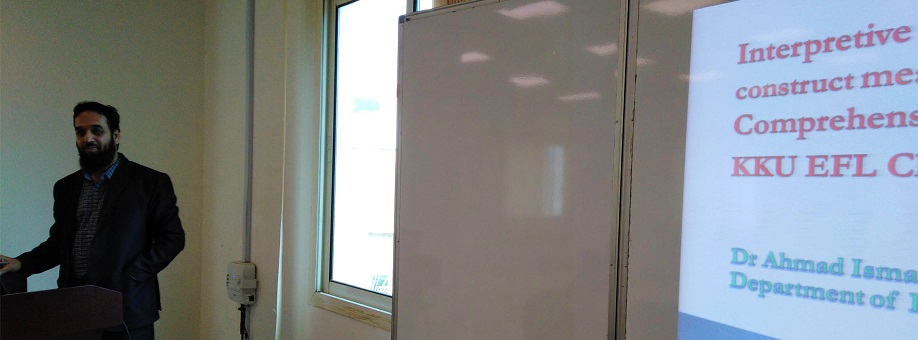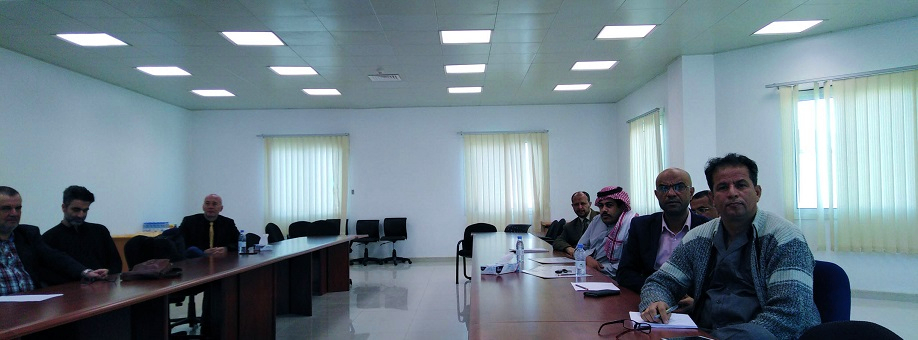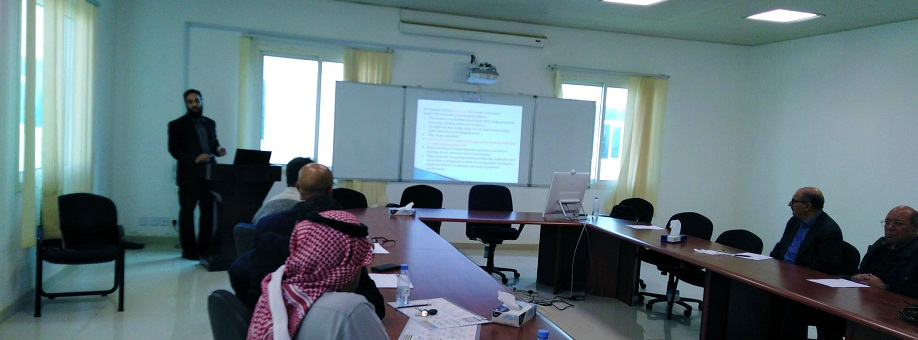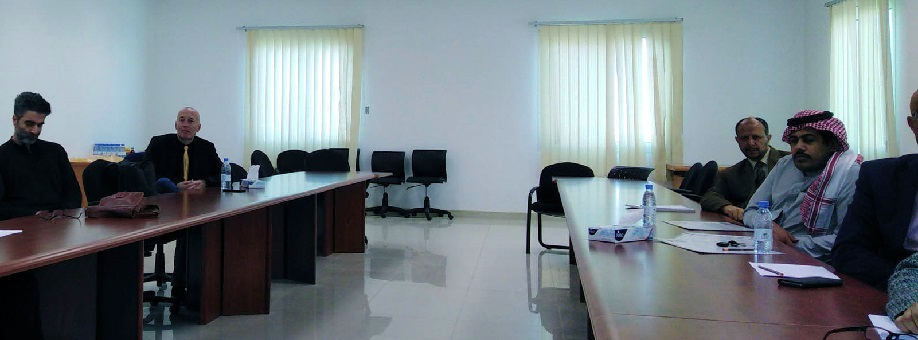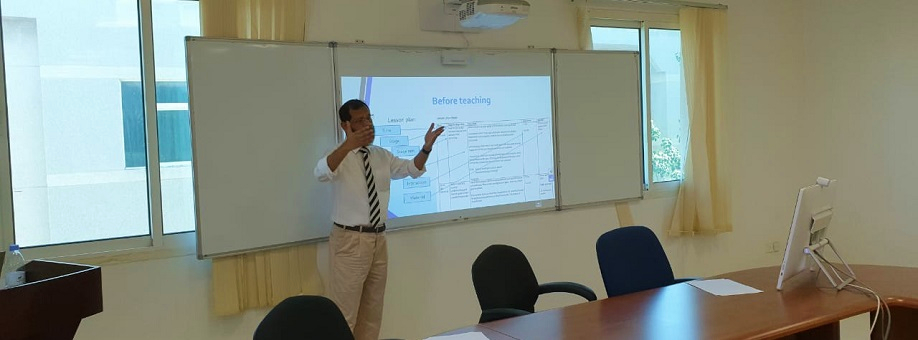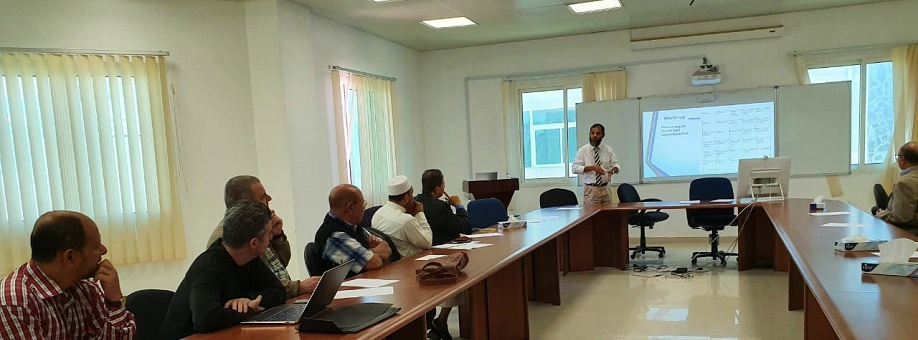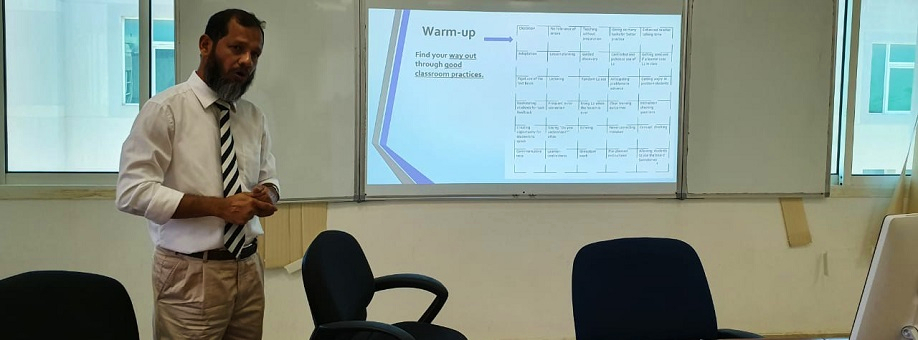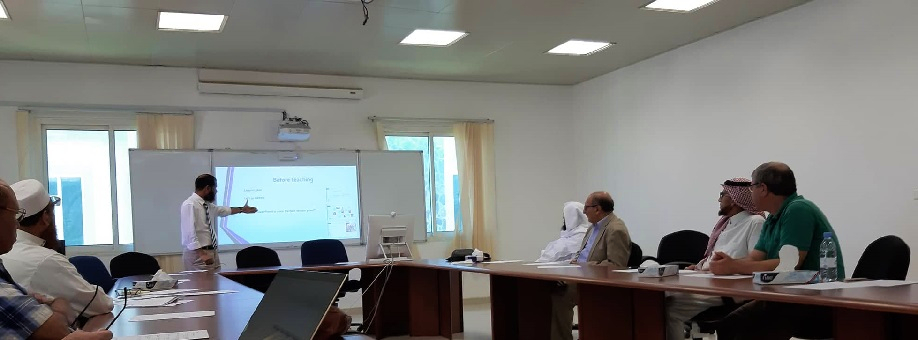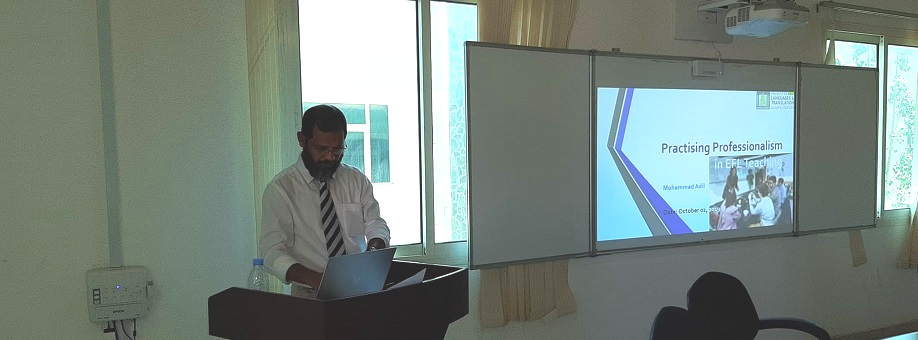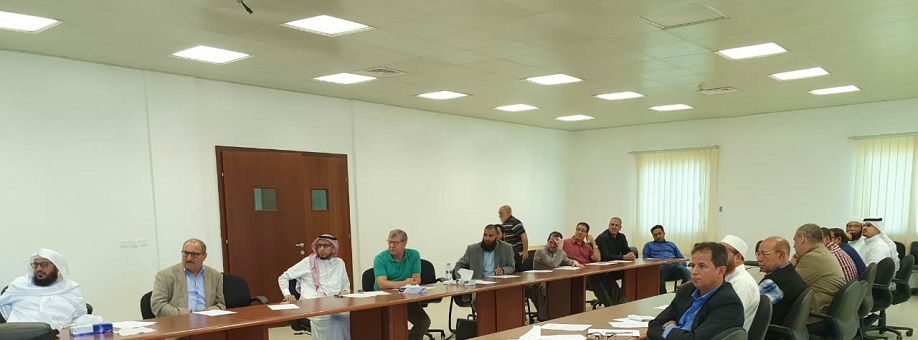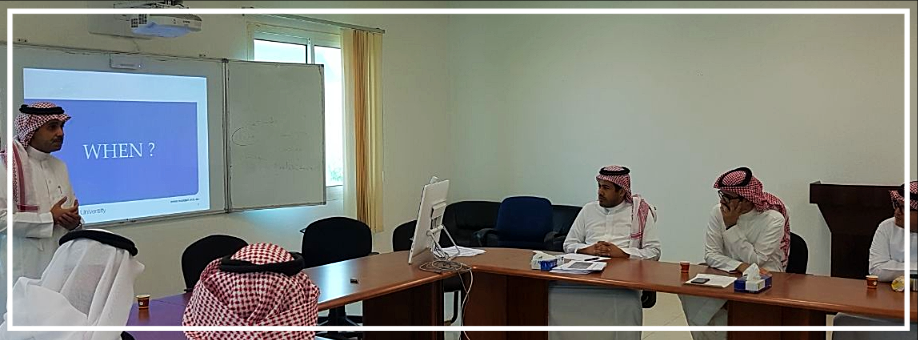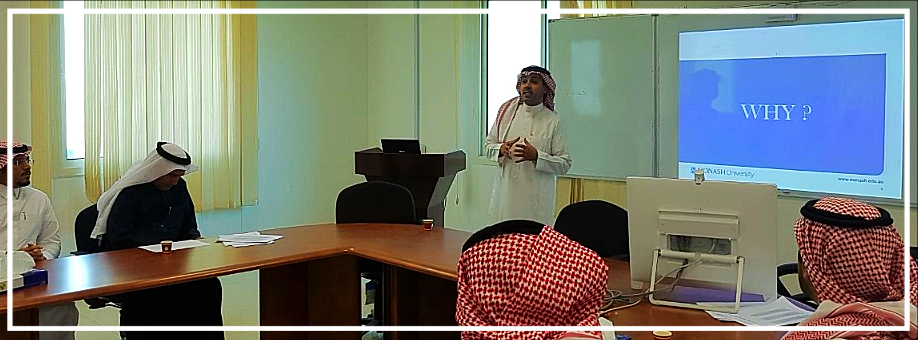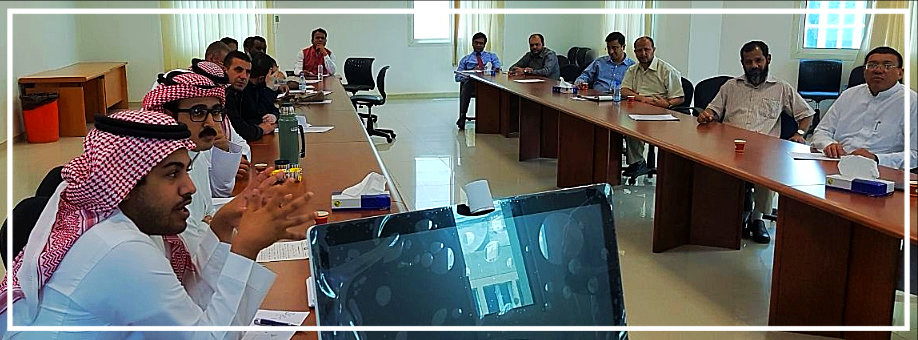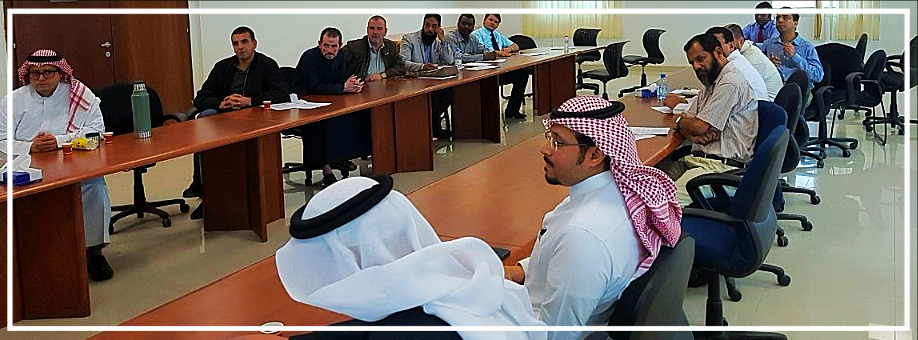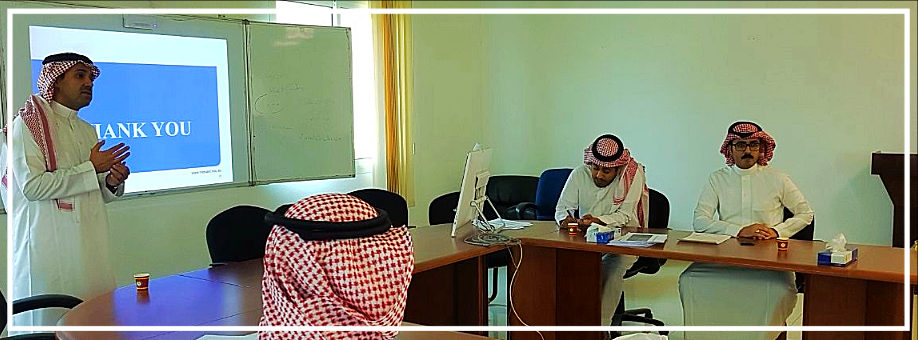Interpretive Reading
Dr. Ahlullah Siddiqui, Bachelor of Arts in English program, delivered a presentation titled Interpretive Reading at the seminar organized by the Language Research Center on November 27, 2019. The presentation was based on a research paper titled "Interpretive reading as a strategy to construct meaning in EFL Reading Comprehension: A case study at KKU EFL Classroom ", conducted by Dr. Ahmad Ismail Assiri and Dr. Ahlullah Siddiqui.
The presentation focused on how effective interpretive reading is in reading comprehension. Dr. Siddiqui highlighted some previous studies conducted by Alsamadini (2009), Al-Jarf (2007), Carrell (1989) and Cooper (1984). The studies, he stated, emphasized the positive correlation between language competence and being able to understand written texts, and how reading helps in vocabulary building.
Dr. Siddiqui related that interpretive reading is the effective communication of thoughts and or feelings of an author to the listener. He then stated the research objectives: to determine whether interpretive reading has a significant effect on students' reading comprehension; to investigate the efficacy of interpretive reading in employing various types of texts; to compare the effect of interpretive reading to that of silent reading and reading aloud respectively; and to suggest ways in which teacher can go about using interpretive reading in their teaching. He, while explaining the methodology, also compared the statistical data of the control group and the experimental group. Finally, he explained in detail the research outcomes. Two video clips were also played, which demonstrated two examples of interpretive reading.
The seminar was very interactive and a great success. It is worth mentioning that the King Abdullah Road Campus also attended the seminar.
Date: 11/30/2019
Source: Mohammad Adil Siddique

